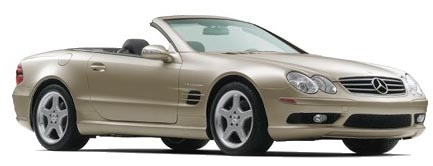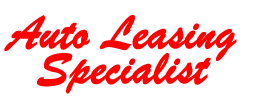
2. Differences Between Leasing and BuyingYou've decided you want a new car. Should you obtain a loan, lease, or pay cash? There are pros and cons for all three methods. You should be able to make an informed choice about what's best for you based on the operating cost, equity and ownership, and tax and insurance considerations. Paying in CashOnly about 10% of all automobile purchases are in cash. If you pay for the entire cost of your car with cash up front, it's all yours and you don't owe anyone anything. However, you won't have that money available for investing, for other uses or in case of an emergency. Initial CostsLeasing almost always has one very powerful advantage over a loan... lower initial cash outlay. With leasing there is normally little initial cash required in order to put yourself "in the car." Generally, the better your credit rating, the less cash required at the start of the lease. Usually you will be asked to provide a refundable security deposit, the first monthly payment, and sometimes, at your discretion, a "capitalized cost reduction," or down payment. As with most terms in a lease, these can be structured to meet your needs. No down payment and no deposit leases are Auto Leasing Specialist Leasing's specialty. Equity and OwnershipWhen you lease, at the end of the lease, you have no equity or ownership of the vehicle. When you finance your car with a loan, you are gradually building equity as you pay it off. However, you should consider the amount of money that you will have to spend over the total period of the loan in order to build equity. Even though you will "own" the car after making all the loan payments, in all likelihood the value of the car will be worth much less than the amount that was spent in order to obtain it. And even though an asset, it is a continually depreciating one, losing more and more of its value with each passing day. Taxes and InsuranceWhen you buy a car in most states you have to pay the sales tax up front in a lump sum. With leasing, you can generally amortize or spread out the sales and rental or use tax over the sum of the lease. Leasing will require higher limits for insurance coverage, for both public liability and property damage (collision and comprehensive). No one in this litigious society should ever drive any vehicle with insurance limits lower than these. Since tax and insurance obligations do vary by state, know which requirements apply to your situation. Other DifferencesBecause of the way leases are structured, the payments can be lower than loan payments. That way you can generally add more options or upgrade to a more expensive model than you could afford with a loan. Also consider how often you want to drive a new car. Leases can have shorter terms than loans, so you can drive a new car every two or three years. home | site map | contact | privacy Copyright 2001 - 2014 AutoLeasingSpecialist.com AutoLeasingSpecialist.com is provided "as is" and without warranty of any kind, either express or implied, including, but not limited to, the implied warranties of merchantability, fitness for a particular purpose, or non-infringement. |

